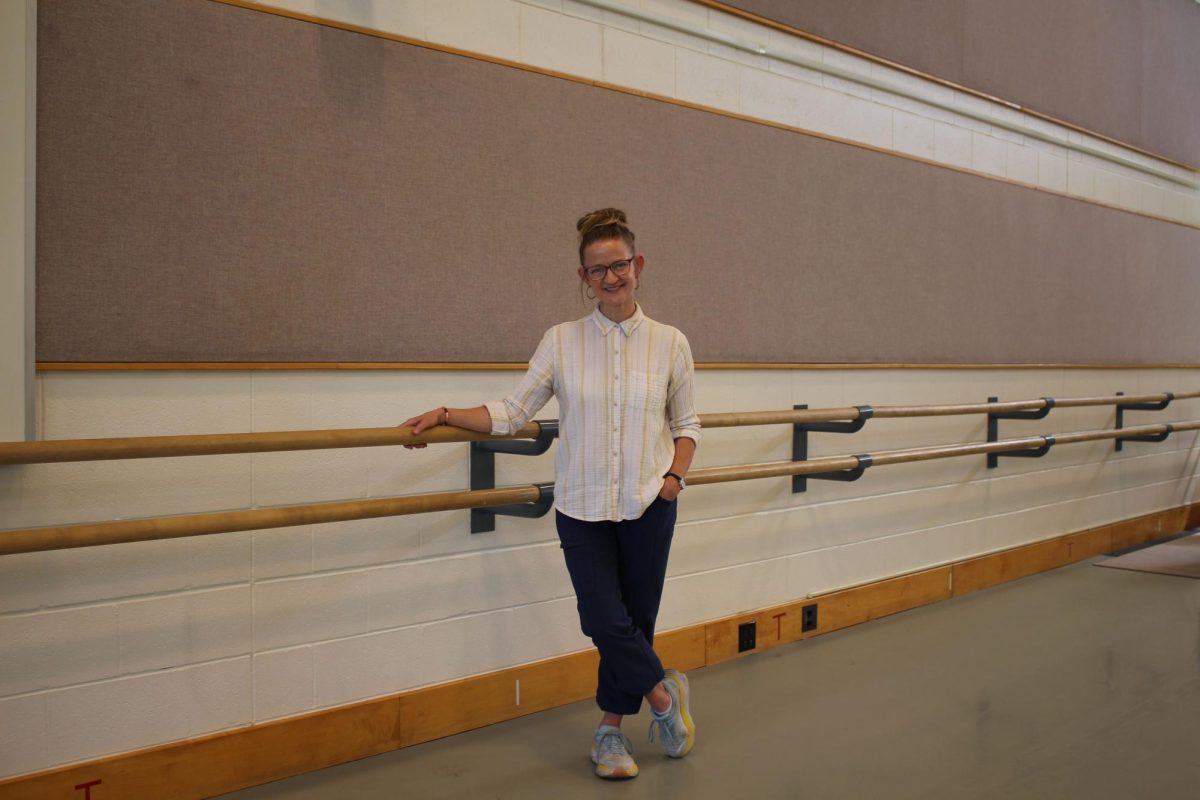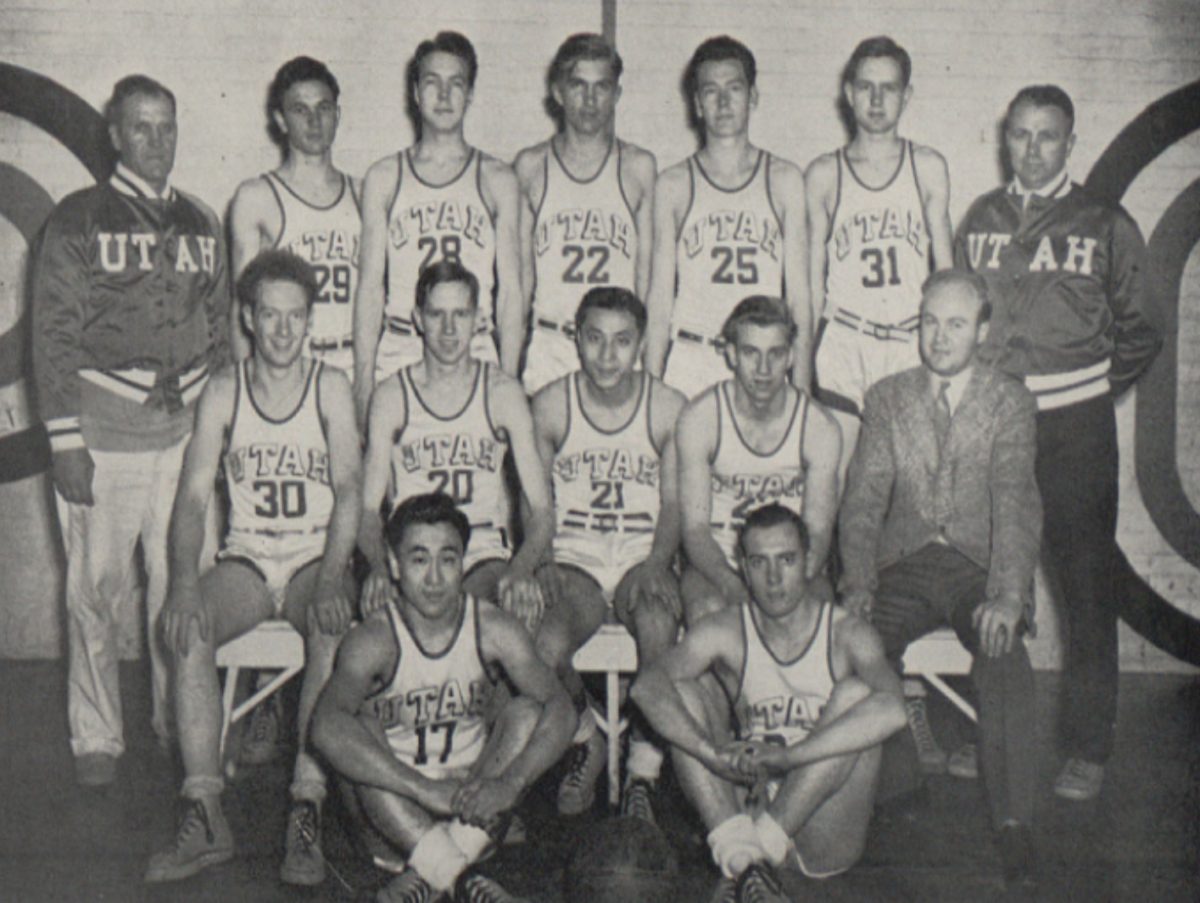Christopherson: General Education Classes Don’t Have to Be a Waste of Time
March 30, 2021
There are a million reasons for new students at the U to look forward to their freshman year. It’s a time full of contradictions as we struggle to balance work and play, new and old friendships, failure and success and competing senses of autonomy and dependency in our own unique ways. Some of us might be moving away from home for the first time and learning to navigate all the novelty, responsibility and self-discovery that comes with independence. Some students might be excited to explore their identities and interests, while others are coming to the U with a clear set of goals and more life experience under their belts. The inevitable commonality across every student’s first-year experience, though, is the often-scorned gen ed requirements.
Gen eds, or general education courses, are classes in the core subject areas that every degree-seeking student has to take before they can graduate. At the University of Utah, these include credits in the humanities, fine arts, writing, diversity and applied science, among other topics. Many students spend the bulk of their first two years knocking out these requirements, but even those who worked diligently to take every available AP class in high school can rarely escape having to take a few non-major courses. I should know. I designed my high school schedules each year to get me out of as many college classes as possible, and I didn’t complete my last gen-ed credit until my sixth semester.
But, much to my surprise, my gen eds have turned out to be some of the best and most interesting courses I’ve taken in my time at the U — and I’ve come to see them as fundamental to my education.
The Office of Undergraduate Studies says it perfectly in their General Education website header: “The purpose of General Education is to help you build connections in your learning.” Taking courses across a wide range of subject areas — and in some cases, outside our comfort zones or pre-existing interests — gives us the depth and breadth of knowledge necessary to see relationships between seemingly disparate perspectives and fields of study. It gives us the tools to understand and connect to the world in more than one way.
I am, admittedly, a humanities major, but having the information and cognitive reflexes to make meaning of our daily lives and our world is important to all of us, whether we’re studying philosophy or mechanical engineering. And in my experience, that requires a basic understanding of biology as well as literature, statistics, world languages, political science and fine art.
Having made the abstract “meaning-of-life” argument, though, I should also point out that gen ed courses are essential preparation for the current job market. The U’s general education requirements are designed, in part, for exactly that purpose. We’re expected to take writing, quantitative reasoning, math and logic classes because the communication and problem-solving skills they teach are in high demand in every industry from technology to health care — in fact, employers consider them baseline skills on par with simply being able to use Microsoft Word.
That means it matters not only that we sit through and pass our gen-ed classes, but that we internalize and apply the things they teach. Even our major courses may one day be irrelevant to our lives and careers — I have relatives who left medical careers to go to law school and worked in finance after earning graduate degrees in theology. But we’d be hard-pressed to make a job change that suddenly rendered our communication, reasoning and organizational abilities unnecessary.
The good news is that acquiring those critical skills and building our multidisciplinary knowledge doesn’t have to be miserable. The U offers more and more varied courses to meet each general education requirement than any of us would have imagined in high school. Intro to Forensic Anthropology, Intro to Wilderness Medicine, Foundational Building Technology and Entrepreneurship & Startup Methods all fulfill an applied science credit, for example. To meet the international requirement, you could take anything from International Accounting to Language of Color or Rain Forest Ecology.
There is almost certainly a course within each set of gen ed expectations that will pique your interest. Play your schedule building right and the classes you expected to coast through — or blow off altogether — could lead to some of the most formative, engaging experiences of your college career.







